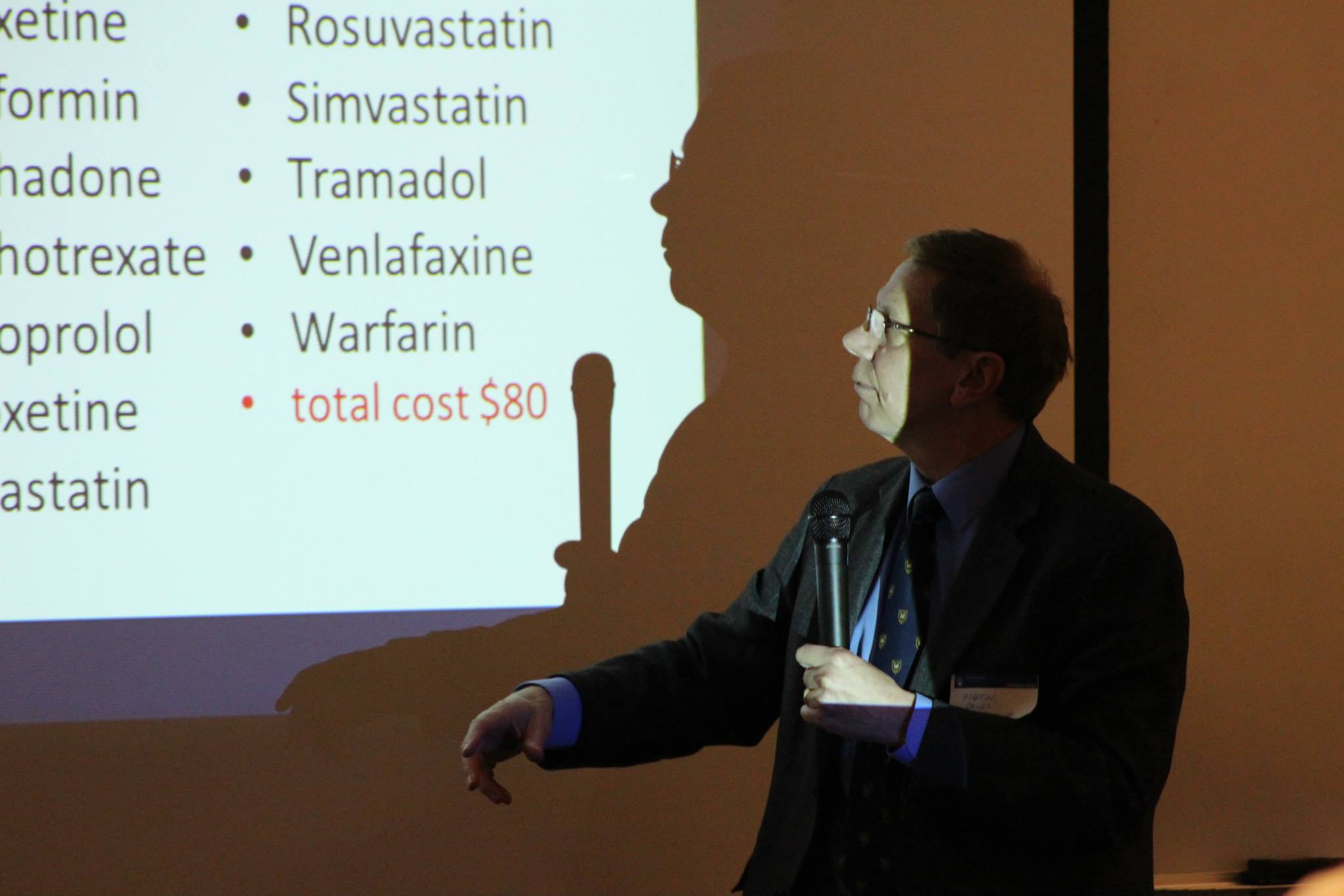The Life Sciences Institute (LSI), led by Dr. Pieter Cullis (Professor & Director of the Life Sciences Institute, UBC), is playing a pivotal role in enabling personalized medicine in BC. Personalized medicine is using a tailored approach to preventative and curative healthcare based on the unique molecular profiling of the individual and their disease. Molecular profiling, or “Omics,” includes the detail recording and annotating of one’s genome, proteins, metabolites, and microbial fauna that together provides highly predictive and accurate insight into the individual’s health status and disease mechanism. Personalized medicine has many benefits over current health care practice by using better methods to predict, diagnose, treat and prevent disease. It will improve health care delivery, efficiency, and reduce per capital healthcare costs by improving preventative care and reducing adverse drug reactions. The demand for increased safety and drug efficacy, where 50% of prescribed drugs don’t work because of patients’ genetic diversity, coupled with the potential healthcare savings and increasingly inexpensive molecular profiling are driving the need for personalized medicine.
The LSI conducts fundamental research into the biological understanding of various diseases and engages clinicians to translate this molecular understanding into bedside solutions for patients. As such, Dr. Cullis is collaborating with Dr. Martin Dawes (Professor & Head of Department of Family Practice, UBC), the Lead on a BC personalized medicine project named GeneRx that aims to change family practice by introducing genetic tests to guide drug prescription. Affordable genetic tests for commonly prescribed drugs (78 total) will revolutionize the efficiency and quality of care by enabling family medicine practitioners to predict whether a patient responds to certain drugs or not, so that the correct drug is given immediately instead of trial-and-error therapy that commonly leads to adverse drug reactions. Furthermore, the GeneRx program will use an intuitive graphical interface to report the synthesis of information from the patient’s genetic tests and their electronic medical record to guide clinicians and support their decision-making process. This system is now applied to a cohort of patients who are over the age of 65 and are taking over 10 drugs; the savings from this study will amount to $25 million per year. In the future, Dr. Dawes hopes to implement the GeneRx program to any clinical setting, especially emergency wards, and to expand the system to include more drugs and groups of patients (i.e. those with chronic diseases).
Photos of the event are available on our facebook page.

